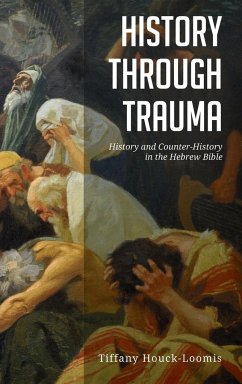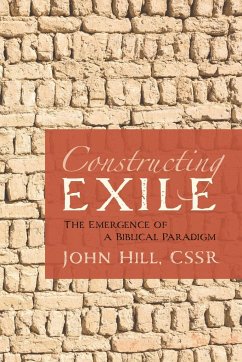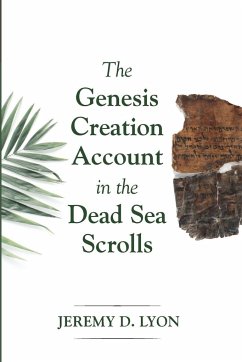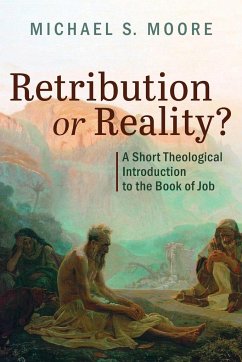Our sacred texts have the potential to become texts of torture or texts of liberation. History through Trauma explores the symbolic function of religious, political, and national symbols that aid in the construction of historical narratives, and the psychological effects of trauma on their creation and dissolution. The Deuteronomic Covenant, paramount in the construction of a biblical history of Israel, is analyzed with regard to Israel's history of exile. What is proffered is the book of Job as a symbolic history of Israel that stands as a counter-history beside the dominant history constructed in the canon's historical books--a counter-history whose function works to re-enliven the symbol of covenant. History through Trauma brings consciousness to the effects of exile on the dominant historical narratives in the Hebrew canon and to the eradicated affective experiences of trauma that surface in counter-texts such as the book of Job. This work offers a valuable new understanding of the impact of trauma on history-making in general--an understanding that brings light to biblical studies, practical theology, pastoral psychology, and psychoanalysis. ""History through Trauma is a fresh and stimulating contribution to scholarship, in which Tiffany Houck-Loomis draws on her rich experience as a therapist and biblical scholar to illuminate biblical responses to the trauma of exile. Her interdisciplinary method involves careful examination of biblical texts, particularly Deuteronomy and Job, through the lens of psychoanalytic theory. She argues in a strikingly original way that the two texts represent alternative ways of coping with the crisis of faith occasioned by destruction and exile."" --Alan Cooper, The Jewish Theological Seminary ""In History through Trauma, Houck-Loomis argues that by reading the Book of Job as counter-narrative to the canonical histories, a dominant narrative of shame and disobedience is relativized by Job's God as Other who, like the Jungian archetype of the Self, acts a-historically and transcends human ideologies. Reading Job as 'symbolic history' through the lens of depth psychology, Houck-Loomis finds a pattern of Jungian Individuation in dialectical relationship with a Deuteronomic history grounded in post-traumatic narratives of shame. A rich and thought-provoking essay!"" --Pamela Cooper-White, Union Theological Seminary ""Houck-Loomis offers a lens of psychoanalysis for understanding the trauma of exile. Working in the spaces between the traditions of the pre-exilic period in Deuteronomy and the DTR history and the Book of Job, she constructs an understanding of the trauma of exile . . . she presents the concept that through the pronouncement of Job as tam, or complete, a new way is made. This book provides a new and engaging way to look at the exile and adds an important voice in the growing literature of trauma theology."" --Beth LaNeel Tanner, New Brunswick Theological Seminary Tiffany Houck-Loomis is a therapist in private practice in NYC. As an ordained minister, independent scholar and therapist she teaches, lectures, and publishes at the intersection of depth psychology, philosophy, religion and biblical studies.
Hinweis: Dieser Artikel kann nur an eine deutsche Lieferadresse ausgeliefert werden.
Hinweis: Dieser Artikel kann nur an eine deutsche Lieferadresse ausgeliefert werden.








